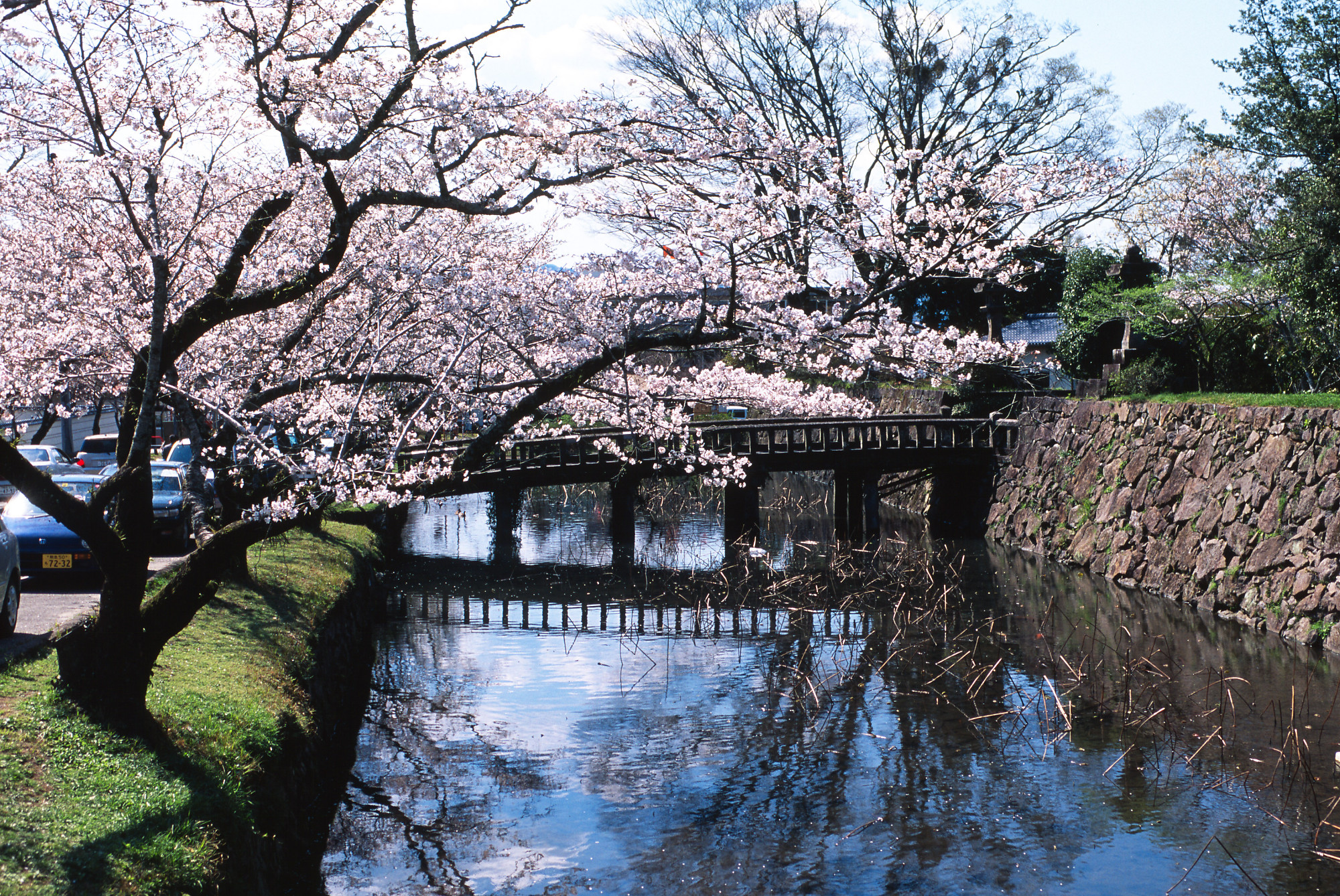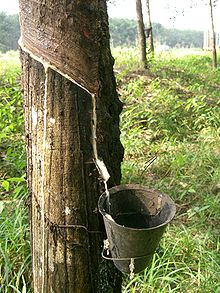Ready for another word verses word post? Today's topic, stewardship verses kinship. Do either of these words sound familiar? I hope so. If not, consider this phrase: "We are stewards of the Earth". This phases is quite popular with some environmentalists and other groups with concerns towards the Earth and it's upkeep and care.
So what is a steward/stewardship? It's being responsible for something else - usually life, whether it be plants, overall landscape, an animal, a zoo, etc. Really any single to group of lifeforms. Steward implies the life you are responsible and in charge of absolutely needs your help. Like, there is no way possible for the life to continue living without outside interference.
 |
These chickens would NOT SURVIVE without
this classy state of the art chicken coop |
Kidding aside (I'm sure those chickens would be fine on their own) this illustrates my point perfectly, as you will see as I describe what kinship is.
Kinship is very similiar to stewardship but the overall principle of why you act is different. The word 'kin' invokes thoughts of family, relationships, being kin with one another. Kinship therefore, in terms of sustainability, that we are partners with the earth with equal footing, levels, respect, etc, and that we help one another. There is no dominate partner in this relationship of being kinsmen.
Or, as my professor Dr. Tuteh puts it,
"a kinship relationship - that involves a basic equality of all biota, including man." His phrase for describing a stewardship relationship? (Since I know you are all curious)
"Many Americans and Europeans believe man's proper environment role is as a wise steward for all biota and regions of the natural world. Our superior intelligence and natural dominance, so the familiar ethic implies, places us in this position of control to skillfully supervise all planetary wild lands."
Technical definitions aside, let's bring in the chickens again. Chickens have no problem living as chickens do, chillin' around, eating bugs and other grains on the ground, making little chickens, fleeing from predators. You know, chicken things.
 |
See? They are great at making baby chickens.
*gasp* With no help from us?
Who'd have thunk it! |
Most of what we care for we have the thoughts that the life would not be able to survive, function, or carry on with any higher meaning of life without us. But that's not true. Really the Earth and all it's inhabitants wouldn't notice that we humans were gone (though they might notice the cleaner air, water, and less noise). We haven't, as a species, been around for that long. So what makes us so qualified for making everything ours and ours to monitor alone?
So - stewardship verses kinship. What you believe is fine, just open your mind to other ideas. Traditionally how we were raised will shape which term we respond to better. Westernized cultures grasp stewardship faster while Eastern cultures see kinship as making more sense (as a common stereotype. Please, don't be offended)
Just think on the terms and how they fit into your viewpoint of the world. Does the Earth really need us as supervisors or is it fine doing Earth-things all on its own?

























